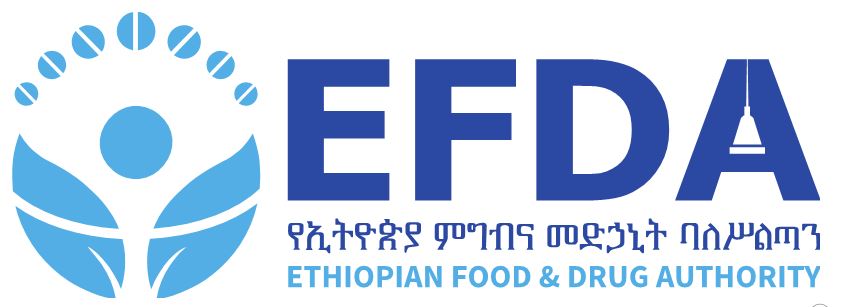Good medicine dispensing practice refers to the delivery of the correct medicine to the right patient, in the required dosage and quantities, in the package that maintains acceptable potency and quality for the specified period, clear medicine information counseling and appropriate follow up. This practice is a key step for effective treatment outcome. Though rational medicine therapy requires the concerted efforts of all health care professionals, the role of pharmacy professional is immense. Traditionally, pharmacy professionals’ primary responsibility has been stocking, distributing and maintaining quality of medicines dispensed. Nowadays, this role has emphasized more on advising the prescribers and other health professionals about medicine therapy, counseling patients about medicines and monitoring medicine use. Pharmacy professionals bridge the gap between the prescriber and the patient and serve as the gate-keepers of medicine supply system. Irrational medicines dispensing practices is common in Ethiopia like any other developing country. The dispensing of prescription-only medicines at partial doses and without prescription, poor labeling of the dispensed items, lack of patient counseling, incomplete compiling and recording of prescriptions, and charging patients unreasonably high prices for the dispensed medicines are some of the practices that reflect an irrational dispensing.
- Home
- About Us
- News and Events
- Services
- Publications
- Directorates
- Director General
- Medicine Sector Deputy Director General
- Food Sector Deputy Director General
- Medical Device Sector Deputy Director General
- Chief Executive Officer
- Basic Service Executive Officer
- Competence & Human Resource Management Executive Officer
- Information & Technology Executive Officer
- Organizational Change Management Executive Officer
- Procurement & Finance Executive Officer
- Strategic Affair Executive Officer
- Women & Inclusive Social Affair Executive Officer
- Branch Office Head
- COVID19
- Public Information
- Announcement
- Contact
Medicines Good Dispensing Manual second edition 2012
You are here:
- Home
- Publication
- Medicines Good Dispensing Manual second…



